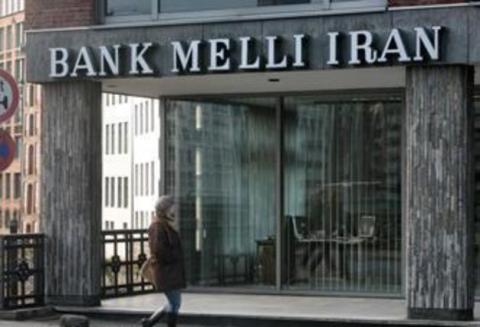
BMI Bonds to Boost Housing Affordability

In early January, BMI announced that it has launched a housing savings account, meaning that it has effectively become the first bank to enter the ailing housing sector after Bank Maskan, the agent bank of the housing sector, that operates its own housing savings account.
As BMI’s chief executive, Mohammad Reza Hosseinzadeh, had outlined at the time, the bank offers two types of housing plans that differ in terms of the amount of investment and interest rates, but require applicants to acquire a priority bond to receive home loans.
According to BMI’s website, the lender has so far opened 14,000 accounts and expects to issue its bonds soon. Pundits believe that the issuance of bonds will make housing bonds more affordable.
“Whoever can offer housing bonds to people at lower prices will be doing the lower and medium deciles of the society a huge favor. BMI’s plan can boost the purchasing power of the people and in a way break the monopoly regarding housing loans,” Hesam Oqbaei, the deputy head of Tehran Association of Realtors, told BMI news website.
Oqbaei’s boss, Mostafa Qoli-Khosravi, also believes that in addition to breaking the monopoly, the bonds will help prepare the grounds for the expansion of housing bonds and facilities.
“The housing loans’ interest rates of BMI’s plan have been set at 17.5%, which is lower than the rates set by the [financial decision-making body] Money and Credit Council, which can be one of the attractions of the plan,” Qoli-Khosravi added.
Applicants of the first type of facilities will acquire a priority bond for every investment of 182 million rials ($4,330) that they maintain for a month and each bond will fetch a loan worth 5 million rials ($120) with an interest rate of 17.5%. The investment amount in the second type of scheme is 223 million rials ($5,310) with an interest rate of 12%.


Trump weighs using $2 billion in CHIPS Act funding for critical minerals

Electra converts debt, launches $30M raise to jumpstart stalled cobalt refinery

Codelco cuts 2025 copper forecast after El Teniente mine collapse

Barrick’s Reko Diq in line for $410M ADB backing

Abcourt readies Sleeping Giant mill to pour first gold since 2014

SQM boosts lithium supply plans as prices flick higher

Nevada army depot to serve as base for first US strategic minerals stockpile

Pan American locks in $2.1B takeover of MAG Silver

Viridis unveils 200Mt initial reserve for Brazil rare earth project

Kyrgyzstan kicks off underground gold mining at Kumtor

Kyrgyzstan kicks off underground gold mining at Kumtor

KoBold Metals granted lithium exploration rights in Congo

Freeport Indonesia to wrap up Gresik plant repairs by early September

Energy Fuels soars on Vulcan Elements partnership

Northern Dynasty sticks to proposal in battle to lift Pebble mine veto

Giustra-backed mining firm teams up with informal miners in Colombia

Critical Metals signs agreement to supply rare earth to US government-funded facility

China extends rare earth controls to imported material

Galan Lithium proceeds with $13M financing for Argentina project

Kyrgyzstan kicks off underground gold mining at Kumtor

Freeport Indonesia to wrap up Gresik plant repairs by early September

Energy Fuels soars on Vulcan Elements partnership

Northern Dynasty sticks to proposal in battle to lift Pebble mine veto

Giustra-backed mining firm teams up with informal miners in Colombia

Critical Metals signs agreement to supply rare earth to US government-funded facility

China extends rare earth controls to imported material

Galan Lithium proceeds with $13M financing for Argentina project

Silver price touches $39 as market weighs rate cut outlook

















